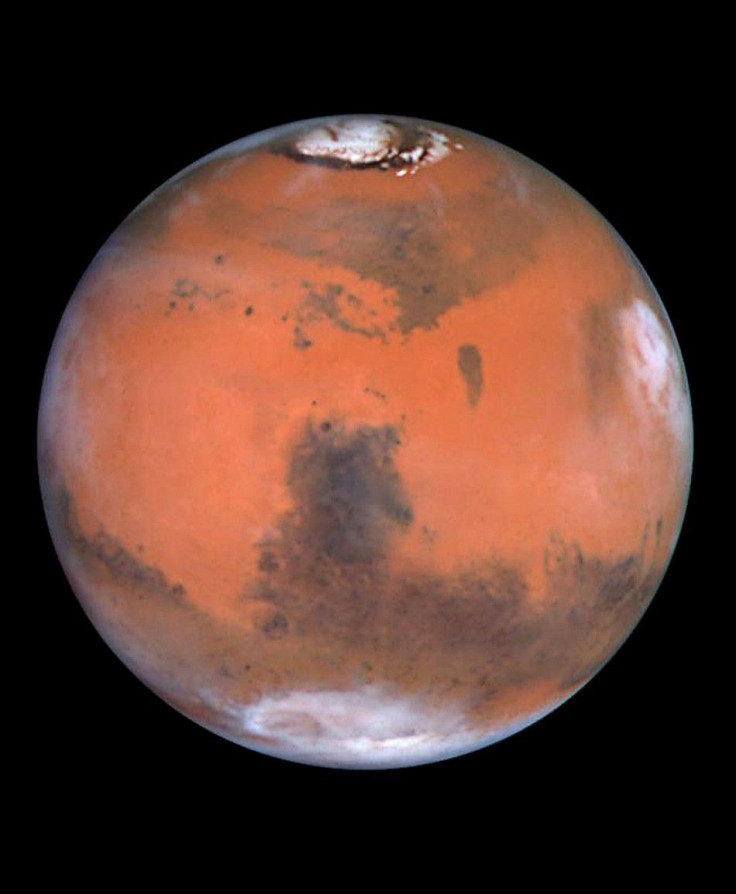Astronauts May Have to Grow Their Own Food for Mars Mission

Astronauts traveling to the Red Planet to script the first manned mission to Mars may have to grow their own food on the spacecraft.
As scientists involved in the first manned mission to Mars find feeding astronauts one of the biggest challenges to the mission, the new approach of growing crops in space would help them in keeping the spacecraft lighter.
That's a clear impediment to a lot of mission scenarios. We need new approaches. Right now, we are looking at the possibility of implementing a bioregenerative system that would involve growing crops in space and possibly shipping some bulk commodities to a Mars habitat as well, said Maya Cooper, senior research scientist at the NASA Johnson Space Center in the Space Food Systems Laboratory in Houston.
The challenges of provisioning space vehicles and Martian surface bases begin with tangible factors, such weight and nutrition, and encompass psychological nuances, such as providing a varied, tasty menu that wards off boredom. The solutions envisioned now include requiring astronauts to grow some of their own food and engage in much more food preparation than their counterparts on the International Space Station, Cooper explained.
Bioregenerative systems involve growing plants that multi-task. The plants growing in bioregenerative systems would, apart from supplying food, release oxygen so astronauts don't have to rely much on extra supply, purify air in the spaceship by removing the carbon dioxide exhaled by the crews and even purify water.
According to a Telegraph report, experts also support the idea on the points that the crops would not only sustain the crew, but also improve the atmosphere in the spaceship by producing more oxygen.
For flights on the space shuttles and the International Space Station, astronauts get 3.8 pounds of food per day. For a 5-year round-trip mission to Mars, that would mean almost 7,000 pounds of food per person.
© Copyright IBTimes 2024. All rights reserved.





















